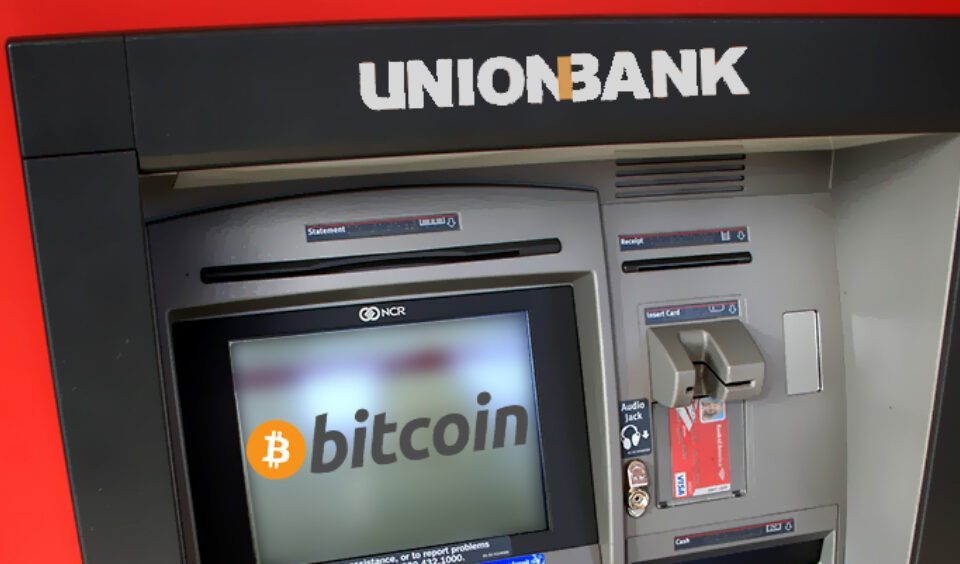
This is Why I Don't Use BRAVE Browser
Yes, it's a great news of the week when we are seeing a good market activity in cryptocurrencies with Bitcoin briefly jumping over $5K mark and several successful IEOs on exchanges like Binance, Huobi, Bittrex & Kucoin.
But don't mistake it for Union Bank of India, this news is from another Asian country and the bank named Union Bank of Philippines (UBP) is the seventh largest bank of Philippines.
Although the news of its plans to launch a Bitcoin ATM is circulating for last two months, it was finally launched this week with the approval from country's central bank Bangko Sentral ng Pilipinas.

This is a fully functional two-way (Buy & Sell) Bitcoin ATM installed at UBP's first fully digital branch located in Makati.
This is a good example of synergy between transactions in cryptocurrencies and the fiat banking network for mutual advantage.
Will Indian central bank RBI take a note of it?
Actually, regulations come with its own cost. It can strangulate the fundamental values of cryptocurrencies.
For example, to use the above-said bitcoin ATM, you need to have a bank account with UBP. You will also need to provide a Government issued ID. All crypto transactions will be channeled through your bank account. So transactions can't be anonymous or pseudonymous. "Trustlessness" feature is also compromised as transactions finally needs to go through the weakest link i.e. your bank account. Exchanges too have certain limitations for large value pay-outs of more than P500,000.
In Philippines, central bank regulates cryptocurrencies only for the purpose of financial services like remittances & payments. Remittances in Philippines are 3rd largest in the world and comprises about 10% of its GDP. Probably, this forced the country to adopt transactions through cryptocurrencies.
Would you like regulating cryptocurrencies if it strangulates the very soul of the crypto?
This is a difficult question to address. I feel several blockchains (e.g. privacy coins like XMR) will never come under the purview of regulations. What do you think?